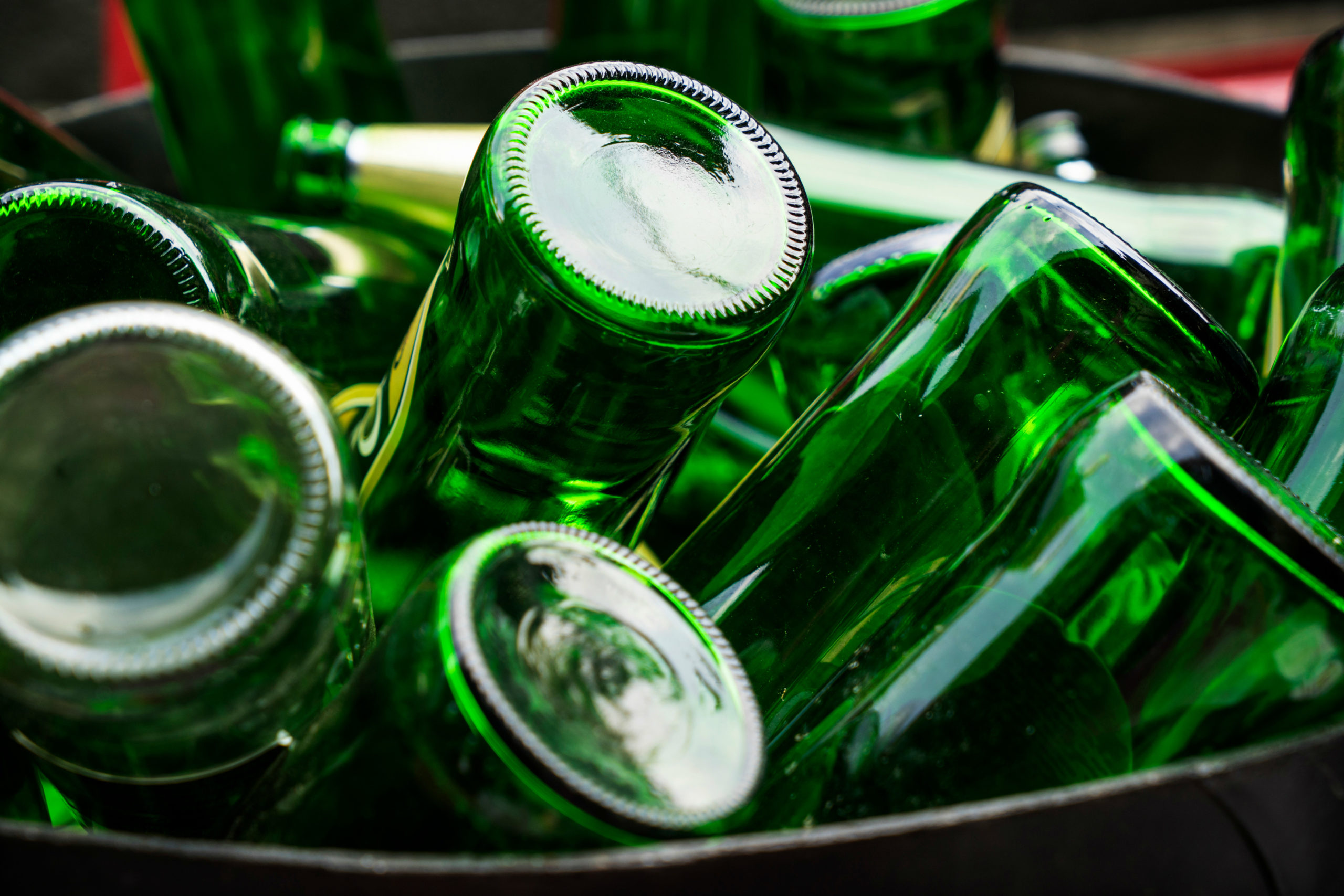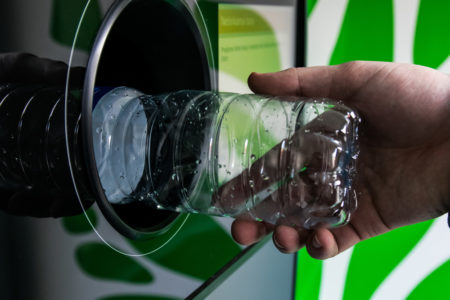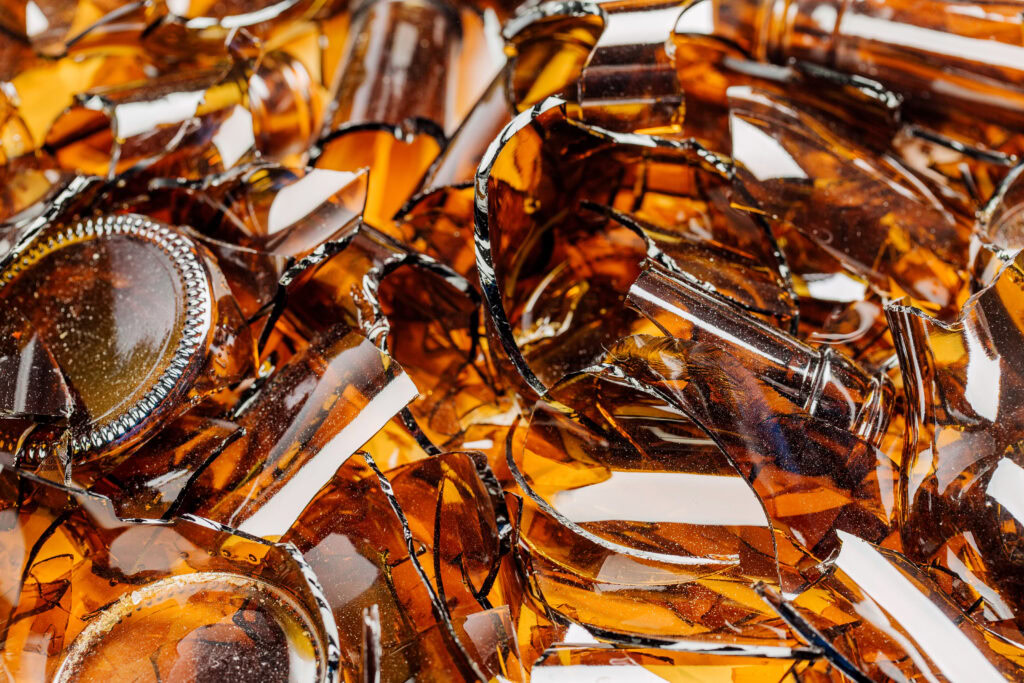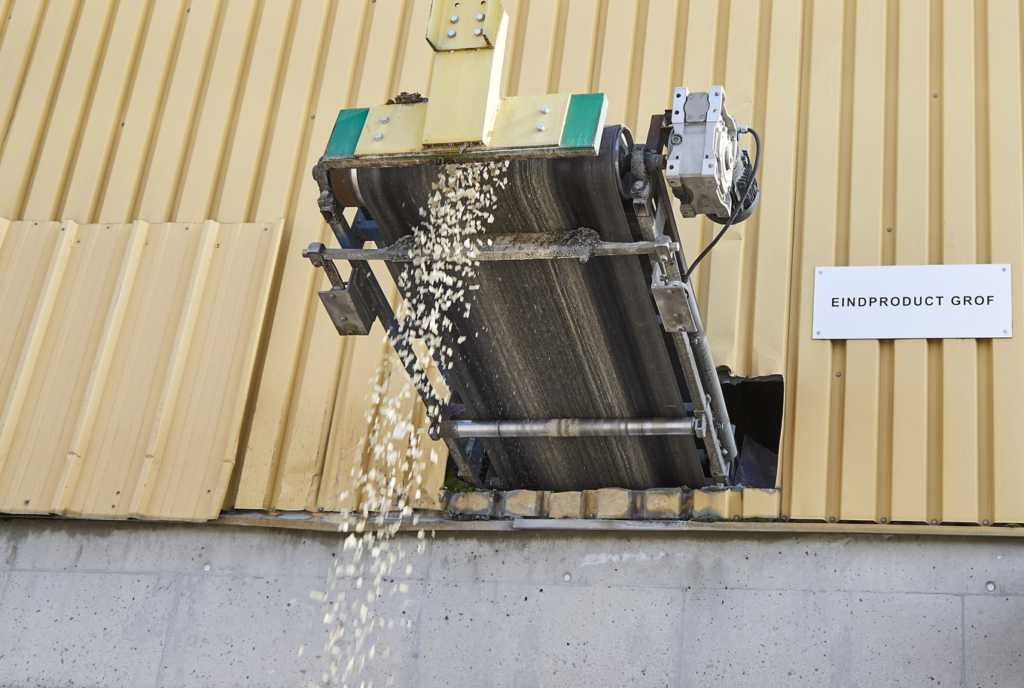The organisation claimed that the inclusion of glass in a Deposit Return Scheme (DRS) will “work against” Scotland’s environmental ambitions, in a letter sent to the Scottish Environment Minister, Roseanna Cunningham.

Scottish Ministers are expected to bring forward regulations on the introduction of a DRS in Scotland shortly, which will be subject to a short consultation, and are then expected to be passed next year. It is anticipated that a DRS could be active in Scotland by 2021.
Current plans for the DRS in Scotland are based around an ‘all-in’ model, which would include PET plastic drinks bottles, aluminium and steel cans and glass bottles, with a deposit level set at 20p. DRS systems in Germany, Finland, Denmark and Estonia all incorporate glass.
“The inclusion of glass will increase the cost and complexity of a DRS system and therefore increase the risk of the scheme not operating effectively from day one.”
However, British Glass is calling on the Scottish Government to remove glass from the planned DRS and instead focus on improving glass recycling through kerbside collections, bottle banks and an Extended Producer Responsibility system.
Dave Dalton, chief executive of British Glass, noted that five of the seven countries with the best glass recycling rates in Europe do not recycle glass through a DRS.
He said: “Glass is 100% recyclable – it can be re-melted to make new bottles an infinite number of times without ever reducing its quality. The UK glass sector has an excellent and improving recycling record with 67% of all glass bottles and jars being collected for recycling.
“Working with key partners including local authorities and waste management companies we believe we can achieve the new EU Waste targets and improve glass recycling figures even more without a DRS.”
Key concerns
The letter outlines key concerns the glass container industry has about the inclusion of glass in DRS.
British Glass believes that glass will increase the cost of delivering a DRS – Zero Waste Scotland has suggested it will add £25 million per year to the cost of the measure, but the glass industry claim this figure could be two to three times higher.
Mr Dalton said: “The inclusion of glass will increase the cost and complexity of a DRS system and therefore increase the risk of the scheme not operating effectively from day one.
“Including glass significantly increases the operational cost of the DRS for the Scheme Administrator due to the material’s low value and greater weight.”
British Glass also suggests that the increased costs and differential producer fees imposed on brand owners using glass containers will encourage producers and retailers to switch from glass to other materials. A reduced demand for glass could lead to job losses and glass plant closures, it says.

It also notes that 26% of clear glass containers would not be covered by DRS – if local authorities were to cut back on their own glass recycling collections due to DRS, less glass could be available to the industry for remelting.
The industry group also believes that having glass collected both through DRS and through kerbside collections will lead to consumer confusion and lead to more glass being sent to landfill.
Alternatives
British Glass says the Scottish Government should investigate proposals for an alternative glass collection system which could be funded through EPR, which is due to be launched across the UK in 2023. It believes EPR would allow councils to invest in better kerbside and bottle bank models for glass, as well as anti-littering campaigns.
Glass could also be included as a second phase of DRS, British Glass explained. This would allow DRS to be established at less cost and risk, with glass being brought in when the five-to-seven-year lifespan of the original reverse vending machines expires.
Other sectors
Mr Dalton’s letter also notes that other industries have raised their own concerns about the inclusion of glass in a DRS.
These include concerns from retailers and the hospitality industry that they will need extra space to store returned glass bottles, as re-melt quality glass cannot be crushed at source.
British Glass’ letter has been supported by the Chartered Institution for Wastes Management, Scottish Environmental Services Association, British Soft Drinks Association, Scottish Beer and Pub Association, Scottish Retail Consortium, UK Hospitality Scotland and Scottish Wholesale Association.






Subscribe for free